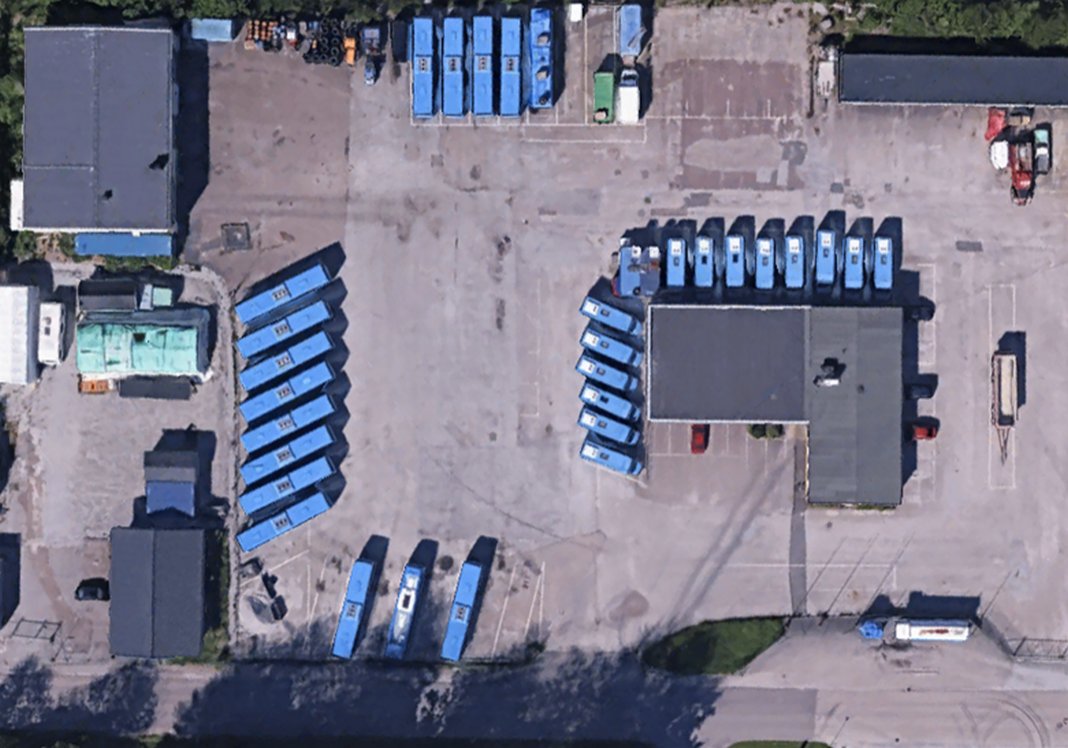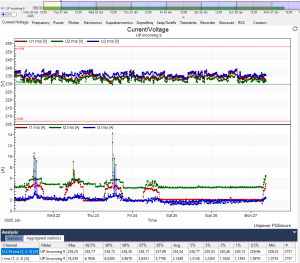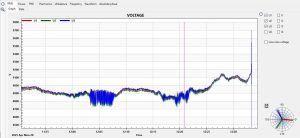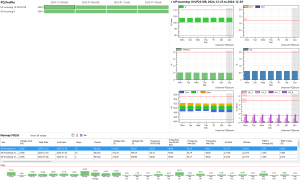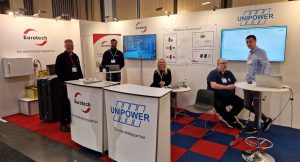This case study explores how advanced power quality measurement technology facilitated the diagnosis of severe power quality disturbances in a bus depot. These disturbances, which neither the bus operator nor the bus manufacturer initially attributed to electrical quality issues, were ultimately traced to deficiencies in the depot’s charging infrastructure.
Background
A bus depot, integrating both AC and DC charging infrastructure, was experiencing operational disruptions. The facility contained AC chargers (22 kW) designated for minibuses and DC fast chargers (200 kW) for larger electric buses. Depot operators observed that the AC chargers were intermittently failing when the DC chargers were in use. These issues impacted vehicle availability and overall operational efficiency. The root cause of these disruptions remained undetermined until an extensive power quality analysis was conducted.
Diagnostic Assessment
A power quality investigation revealed that the power disturbances originated from the absence of necessary electrical filters in the DC chargers. Without these filters, the operation of DC chargers induced significant harmonic distortions in the local voltage, interfering with the stability of the AC charging units.
Download the grid code report here.
Photo: Aerial view of the bus depot. Large buses are DC charged, minibuses are AC charged (overnight charging).

